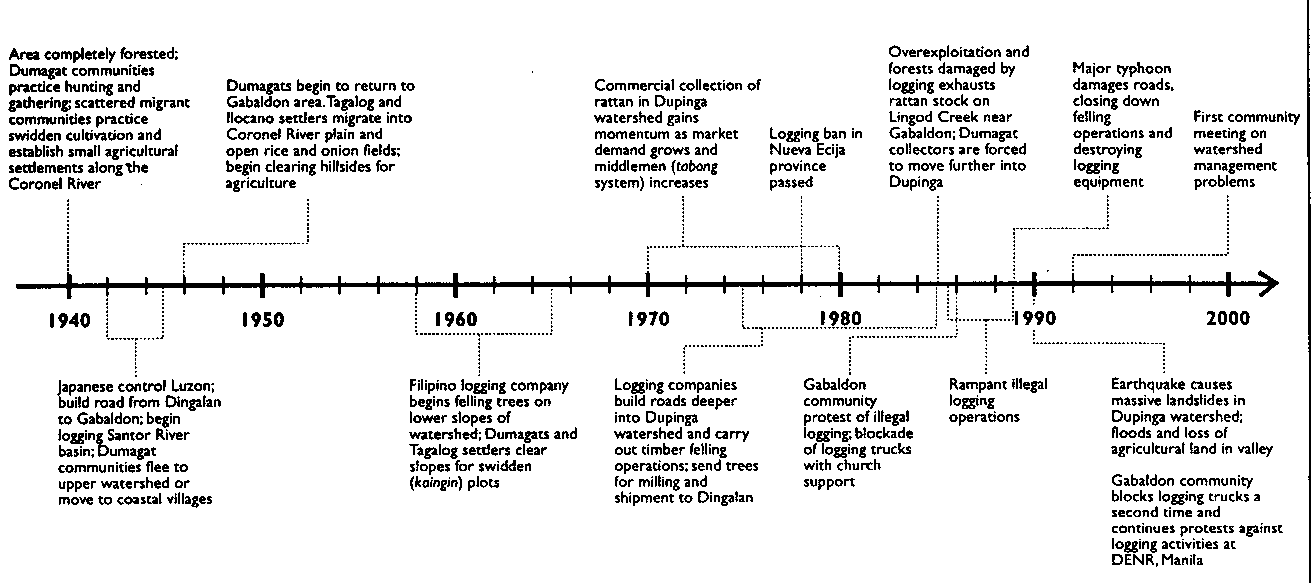
The forest covering parts of the world take account for the survival of both man and Earth. Even if you are located quite a distance away from these enormous holders of life, they can still protect you in one way or another.
For example, deforestation in Ethiopia could reach you in many possible means. The jungles truly work in ways that rather amazes the people, and among its best contributions to the world are: shelter from the greenhouse effect or global warming, arable lands for human utilization, pasture grounds for the animal kingdom, home to the indigenous, and a habitat for infinite types of species which are and may be purposeful in the human life.
Hence, the basics that man needs to live with can be found in these lands. However, with the ongoing rate of destruction it faces, the possibility of losing our last reserve of necessities could be abolished in two shakes. That is why the call for a green movement should seriously be taken and adapted to in life. If not, man would definitely be facing the worst wraths of nature.
Ethiopia is one of the few highly forested lands where the ecosystem is variably rich in resources. Among the many growths that made the nation popular is their plush source of coffee. Their plantation of this type of crop made them well-known all over the world. However, it is also due to the coffee economy that the lands of Ethiopia were subjected all the more to deforestation. Let us see how it affects them both economically and environmentally.
The Fall Of Ethiopian Land Conservation
Like many other drives to the salvation of our natural wonders, the fight to win Ethiopian lands from total annihilation has failed. Probably, the growing needs of the people were the primary reason for the failure of the project which resulted to irreparable damages.
Aside from this, here is a list of the dynamics which caused the breakdown of the hard work to conservation: lack of persistence in solving the problem, local community unawareness to the importance of forest preservation, the permanent settlement of immigrants who seek to have businesses over the exploding coffee trade, absence of participation among minority groups, ownership of the lands is mostly of the state, political issues which vary in support towards the green movement; and lastly, the unrelenting population growth which requires more forested lands to be cultivated for various uses.
Upon hearing all these, the reality of reversing deforestation may seem unlikely. However, if we view the outcomes of other environment-moving countries, we can definitely highlight their quality call for improvement. Say for example India which has an assortment of projects that drive toward the betterment of their country and of the world as well. Remember, everything is possible if much effort and labor is exerted.
New Millennium Projects For Land Preservation
Newer and better projects came out in the open during the year 2002. The new millennium has paved way for more realistic and goal oriented drive to the conservation of Ethiopia's forested areas.
Their objective is to retain the coffee plantation for the Ethiopian economy and at the same time preserve the yet untouched areas of their jungles. Socio-economic projects also came to support the expanding populace of the nation; and their aim is to make the citizens as educated as possible. Various research studies were also carried out to gain further knowledge regarding their forests and the capabilities it brings.
With these in mind, the possibilities of a better and more beautiful Ethiopian environment are beyond doubt attainable. What it needs are people who support against deforestation in Ethiopia. Willingness and cooperation should be practiced by every people whether you are in the minority or majority of groups.
It doesn't essentially count what your standing is, what really matters is your actual standpoint in fighting against the demise of our world.






